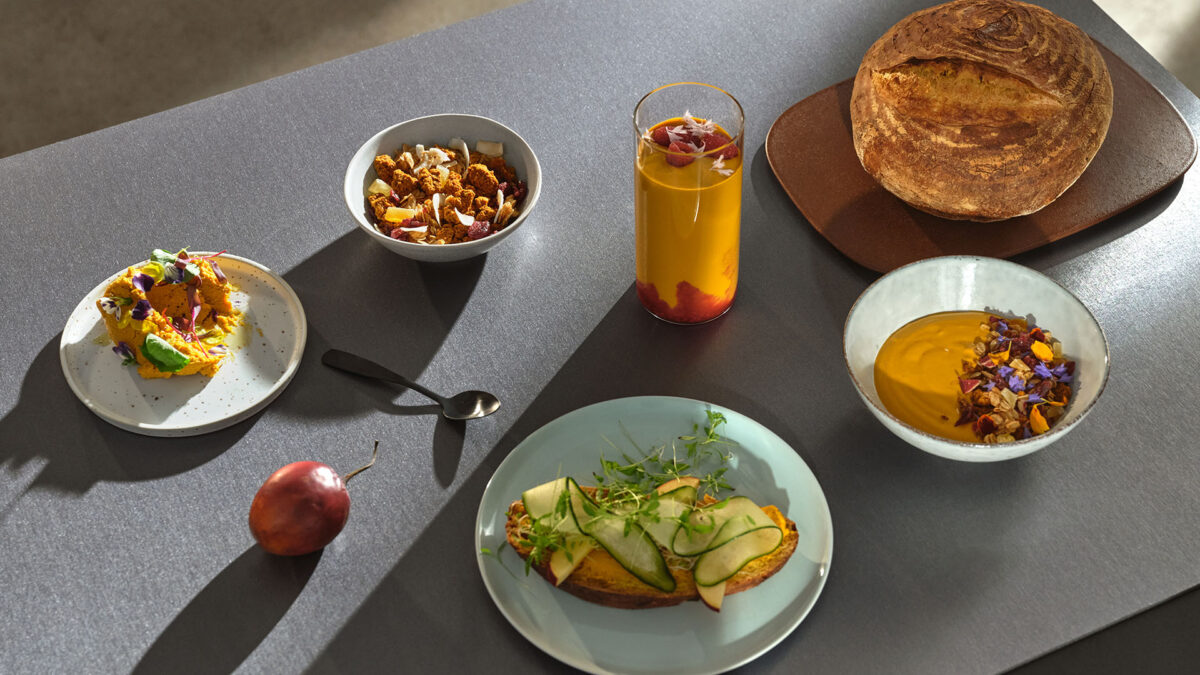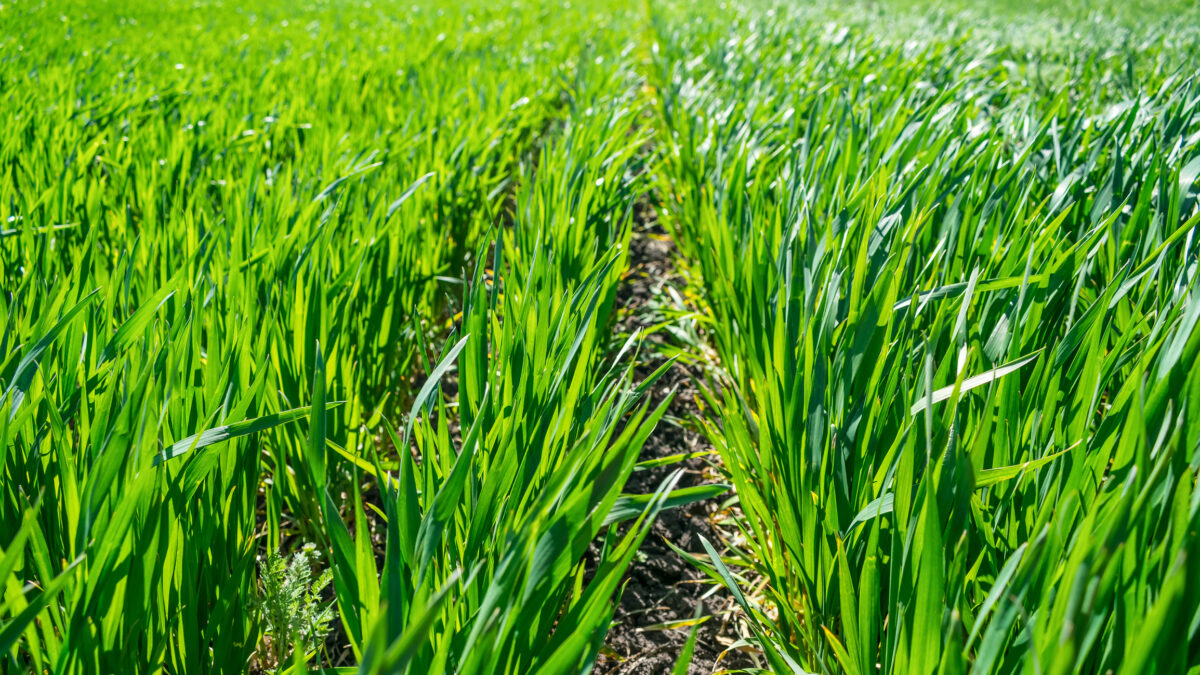Quorn explores use of green hydrogen to meet net zero targets

Meat substitute company Quorn Foods has announced its intention to use green hydrogen to supply energy at its Belasis production facility in Billingham, North East of England, as part of a plan to hit net zero by 2030.
The cleaner gas will be supplied by Petrofac, a green energy company, and Protium, a company which designs and develops green hydrogen infrastructures for industrial sites.
The two companies will work together to determine whether using dual-fuel boilers, with combusted natural gas and hydrogen, could allow Quorn to produce enough goods to meet its increasing customer demand.
Petrofac and Protium will also test out the transfer of green hydrogen through a pipeline nearby in Teeside.
The project could save nearly 13,200 tonnes of CO2 emissions a year, which is equal to taking 7,600 cars off the road.
Mark C Taylor, Chief Engineering Officer at Quorn, commented: “The transformational opportunity which green hydrogen potentially presents is one we are taking very seriously. Changing well-established manufacturing processes comes with real challenges, and we are excited about working with Protium and their team of partners. The approach that Protium have taken with us has been highly collaborative; engineering based; and commercially pragmatic.“
Quorn has set a deadline to become a Net Positive company by 2030, and also aims to reach net zero carbon emissions in its operations by 2030, allowing the producer to achieve full net zero throughout its supply chain by 2040.
Petrofac’s Vice President in New Energy Services added: “The project could unlock a game-changing solution for decarbonising Quorn’s manufacturing process – one that could benefit the food and drink sector as a whole.”
Other manufacturing giants looking to switch to green hydrogen in their production lines include Nestlé, AB InBev, and Unilever.
The food and beverages sector in the UK currently makes up 35% of the country’s carbon footprint according to the Waste & Resources Action Programme (WRAP) report from 2021.









